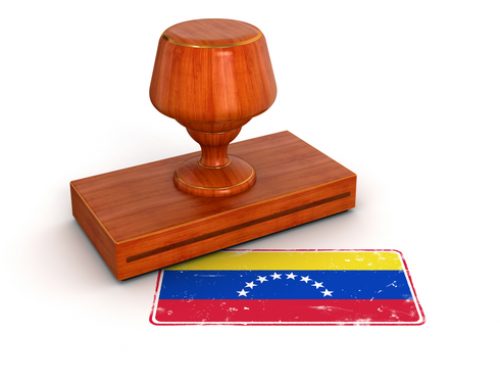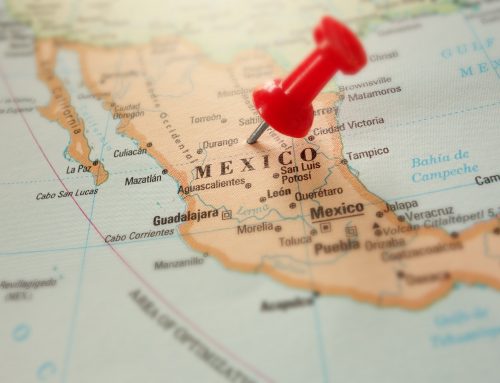Since May 27, the Plurinational State of Bolivia joined the Apostille Convention, eliminating the process of legalization that was present in the country until then. This move established the objective of reducing the bureaucracy in public administration and expediting the procedures that are carried out by Bolivians and foreigners.
The apostille procedure facilitates the procedures for legalization of documents, as the apostille document from a country that signed the convention is recognized by the rest of convention member states.
What is the apostille?
The convention of the apostille is a convention which has 115 state parties who undertake to eliminate the requirement of legalization of foreign public documents.
Therefore, an apostille is comparable to a domestic notarization. The apostille consists of a note that certifies the authenticity of a document issued abroad, where this note becomes valid in all countries that are part of the Apostille Agreement.
Advance or reverse?
Intellectual Property lawyers and trademark and patent holders were relieved by the membership to the Apostille Convention as the requirements regarding the PoA (Power of Attorney) were lowered. However, the Bolivian Patent and Trademark Office (SENAPI), without any basis in any norm, has increased the requirements in the powers. What this means is that currently there are two new requirements established by the Bolivia PTO in Power of Attorney: The first one is a document that proves the existence of the applicant company in its country of origin. The second one is a document that proves that the legal representative of the company was authorized to sign the PoA. The documents mentioned must be apostilled.
The future:
We hope that the administration will eliminate the new requirements and recognize the Apostille Convention as an instrument to streamline the procedures and simplify the business lives of foreigners and Bolivians.





